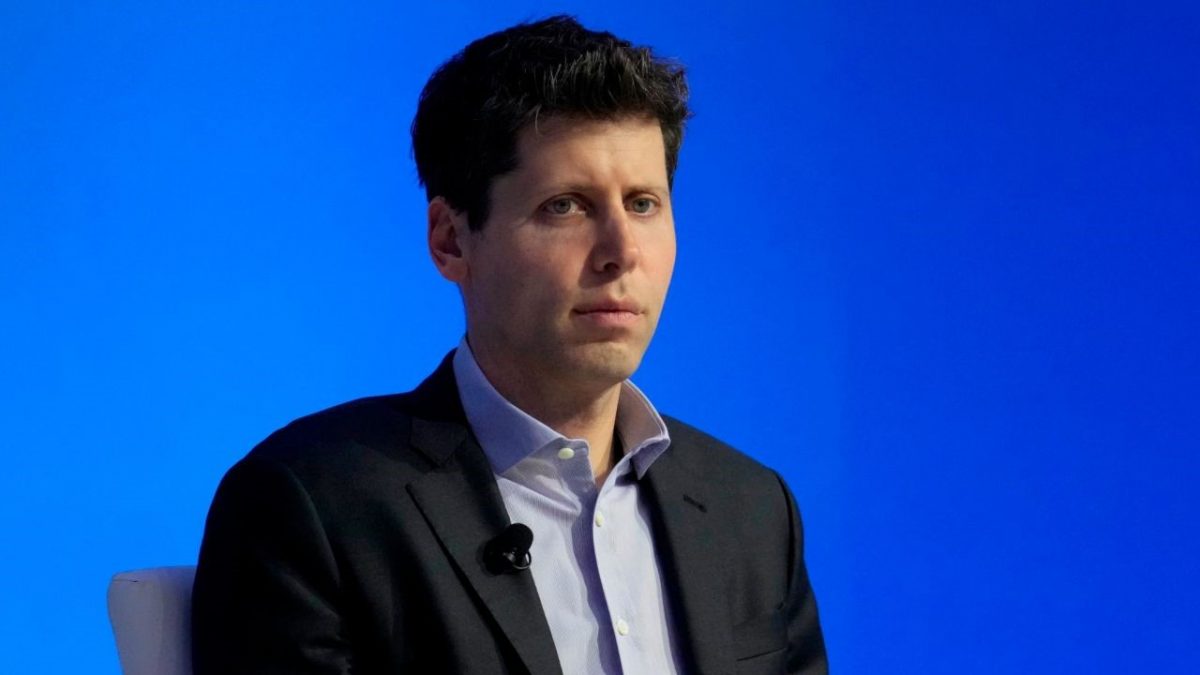SAN FRANCISCO, (Reuters) – Sam Altman is returning as CEO of OpenAI just days after his ouster, capping frenzied discussions about the future of the startup at the centre of an artificial intelligence boom.
The ChatGPT maker also unveiled a new initial board with former Salesforce co-CEO Bret Taylor as chair and Larry Summers, U.S. former Treasury Secretary, and Adam D’Angelo as directors. D’Angelo was part of the original board that had dismissed Altman.
The return of Altman could potentially usher in a new era for the startup which had long juggled concerns among staff about AI’s dangers and its potential for commercialization.
“i’m looking forward to returning to openai,” Altman said in a post on the X social media platform late on Tuesday.
The original board had given scant explanation for Altman’s firing on Friday other than his lack of candor and its need to defend OpenAI’s mission to develop AI that benefits humanity.
Analysts said the reshuffle will favor Altman and Microsoft MSFT.O, which has pledged billions of dollars to the startup and is rolling out its technology to its customers globally.
“There are still huge questions about why Altman was fired and why Microsoft had been kept in the dark about the decision,” said Danni Hewson, AJ Bell’s head of financial analysis.
“What does seem clear is that Microsoft will now play a much bigger role, that the partnership will become stronger and the two companies more integrated.”
Microsoft’s CEO Satya Nadella welcomed the changes.
“We believe this is a first essential step on a path to more stable, well-informed, and effective governance,” he said on X.
Microsoft shares rose nearly 1% in premarket U.S trading.
It was not immediately clear if the previous board directors who hold no equity in OpenAI would retain their seats, or if the backers of its capped-profit subsidiary – such as 49% owner Microsoft – would ultimately win board appointments.
Unlike most Silicon Valley startups, OpenAI is overseen by a nonprofit parent board designed to ensure AI safety is given priority alongside growth. It created the capped-profit unit in 2019 to raise funds and grant stock options to its employees.
“The return of Altman to the board consolidates his influence over the direction of OpenAI, and probably means it will be more bold and profit focused, but also potentially less risk averse,” said Kyle Rodda, analyst at Capital.com.
Spokespeople for the startup did not immediately respond to a request for comment.
OpenAI’s previous board consisted of Tasha McCauley, Helen Toner and OpenAI chief scientist Ilya Sutskever and Quora CEO D’Angelo, who is part of the revamped board.
Reuters earlier reported some shareholders were exploring legal recourse after the turmoil threatened the future of OpenAI, recently expected to have an over $80 billion valuation.
Tuesday’s moves reassured some investors.
“We believe this is the best outcome for the company,” said Thrive Capital, a backer of OpenAI.
YEARS FASTER THAN STEVE JOBS
Altman’s dramatic turnaround drew comparisons in Silicon Valley lore to Steve Jobs, Apple’s CEO who left the computer maker in a 1985 power struggle only to return 12 years later.
Altman took back the CEO mantle after four days.






